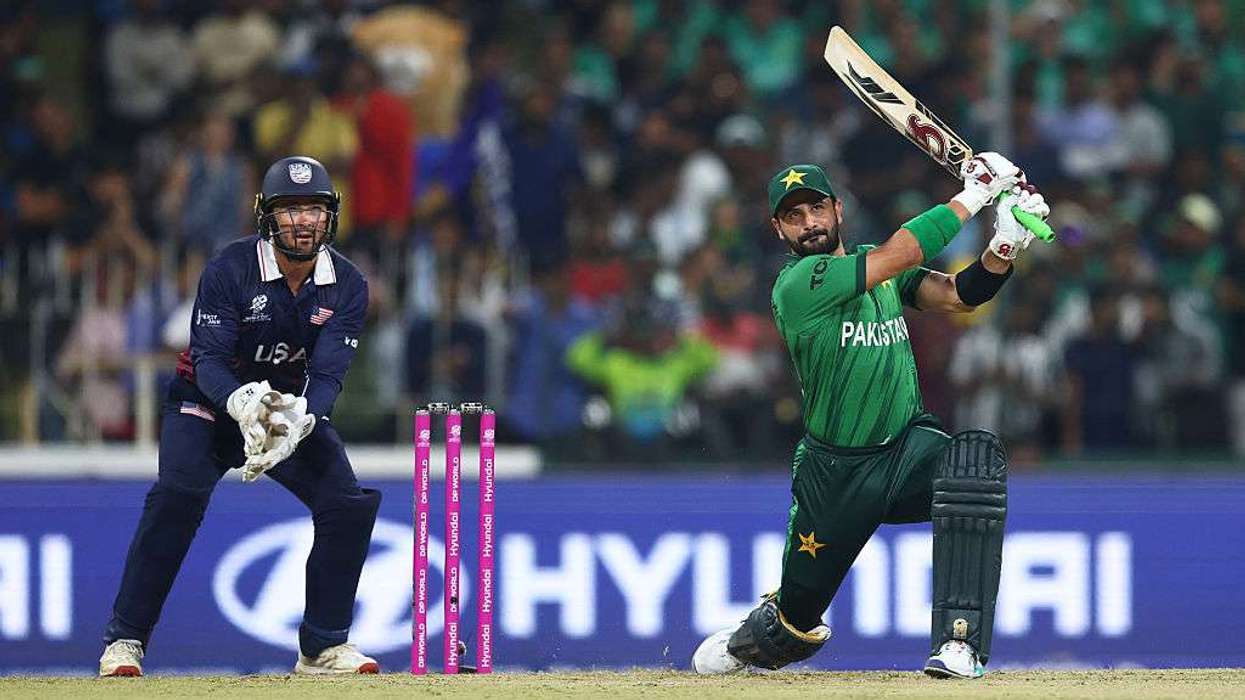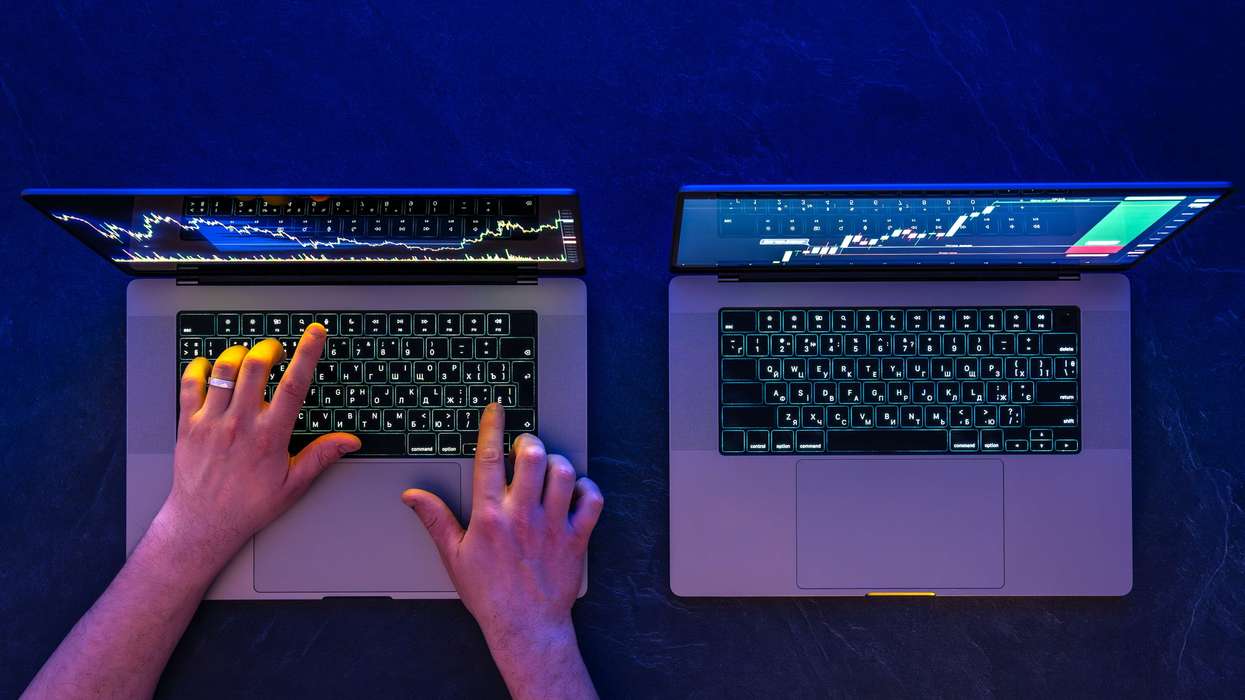KAMALA Harris confronted Donald Trump in a heated televised debate on Tuesday, engaging in sharp exchanges as they competed for a breakthrough in a closely contested election.
Harris challenged the former president on key issues such as abortion and democracy, accusing him of being an ally to dictators. Trump responded by raising his voice, labelling Harris a "Marxist" and blaming her for the perceived shortcomings of President Joe Biden's administration.
Trump called the debate, hosted by ABC News in Philadelphia, his "best debate," while Harris's campaign also claimed victory and proposed a second debate in October. With the election approaching in less than two months, Harris, 59, had replaced Biden as the Democratic candidate and was under pressure to deliver in front of millions of viewers.
The debate opened with Harris surprising Trump by shaking his hand before they took their positions at the lecterns. However, the pleasantries quickly ended as the candidates clashed on several fronts. Trump, who had earlier been confident about his chances, reacted with finger-pointing and insults, similar to his rally style. Harris dismissed his comments, at one point exclaiming "c'mon," and argued that she represented a fresh start after the "mess" of the Trump presidency, stating, "We're not going back."
One of their sharpest exchanges was on abortion. Trump reiterated his stance that individual states should set abortion policy, having previously pushed for ending federal protections. Harris called his policies "insulting to the women of America" and accused him of spreading lies.
On immigration, Trump falsely claimed Harris and Biden had allowed "millions of people" from prisons and asylums into the U.S. Harris countered by pointing out Trump's criminal record and calling him "extreme." She also criticised Trump for using race to divide the country.
Foreign policy was another point of contention, with Harris accusing Trump of being weak on Russia, saying that Vladimir Putin would "eat you for lunch" in Ukraine, and that foreign dictators were mocking him. Trump accused Harris of being weak on the Gaza conflict, saying she "hated Israel" and predicting Israel would be "gone" within two weeks under her leadership.
The debate also revisited Trump's refusal to accept the 2020 election results. Harris mocked Trump's reality TV catchphrase, saying he had been "fired by 81 million people."
Taylor Swift voiced her support for Harris shortly after the debate, calling her a "steady-handed, gifted leader" on Instagram, a post that quickly gained millions of likes. Swift's message was seen as a jab at Trump's running mate J.D. Vance, who had previously insulted women supporting Harris.
Despite Trump’s legal troubles, including convictions for falsifying business records and a trial for his efforts to overturn the 2020 election, he remains in a close race with Harris. Harris took aim at one of Trump's less serious claims, that large crowds at his rallies were leaving early out of "exhaustion and boredom."
At another moment, Trump discussed a debunked conspiracy theory about Haitian immigrants eating pets in Ohio, which was corrected by the debate moderator.
(With inputs from agencies)




